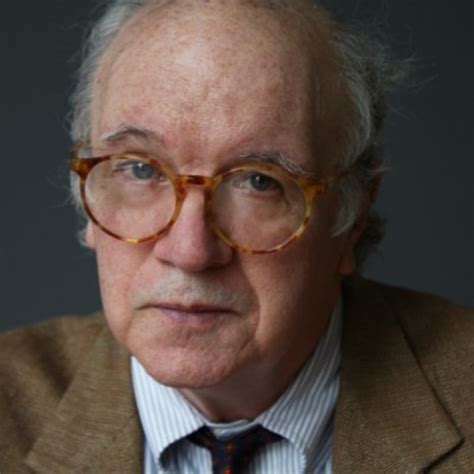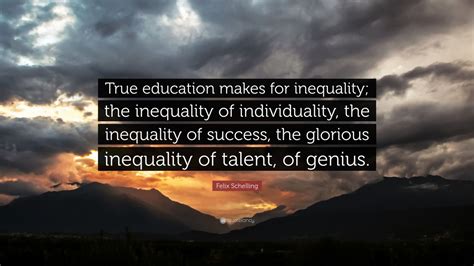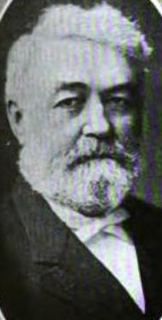A Quote by Milton Friedman
The important issue is not how much inequality there is but how much opportunity there is for individuals to get out of the bottom classes and into the top. If there is enough movement upward, people will accept the efficiency of the markets. If you have opportunity, there is a great tolerance for inequality. That has been the saving grace of the American system.
Related Quotes
America has tolerated inequality because people think they can get ahead. If you have immobility on top of inequality, then people are not going to be happy campers. If you're stuck on the bottom and there just isn't much churning in society and you're stuck there through your adulthood, that's not a nice life to look forward to.
It's important for people to believe in themselves. It's important for young girls to have the opportunity to excel and promote themselves, and learn how to communicate and that they can be individuals, yet accomplish so much. The Girl Scouts and other organizations like them make that so important, so vital. Girls are given the opportunity very early in life to give them that confidence in themselves. It's crucial for organizations to support young women.
Through much of its history, the US did not have high inequality as compared with Europe. Less so, in fact. That began to change in the industrial age, reaching a peak in 1928, after the forceful destruction of the labor movement and crushing of independent thought. Largely as a result of labor mobilization, inequality declined during the Great Depression, a tendency continuing through the great growth period of regulated capitalism in the early postwar decades.
I look for people who have raw intelligence and a great work ethic and loyalty, and I can quickly identify people who have the right ingredients. But sometimes it is more difficult to get them to accept the fact that they can take on increasing responsibility. Oftentimes individuals will decide how far [they] go by how much work they're willing to put in and how quick they are to ask for help. Too many people have this deep-seated fear that if they ask for help, they will be thought less of.


































